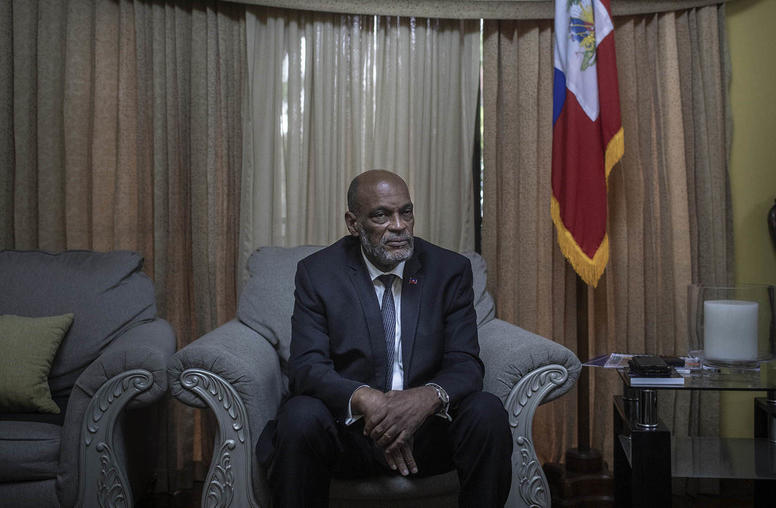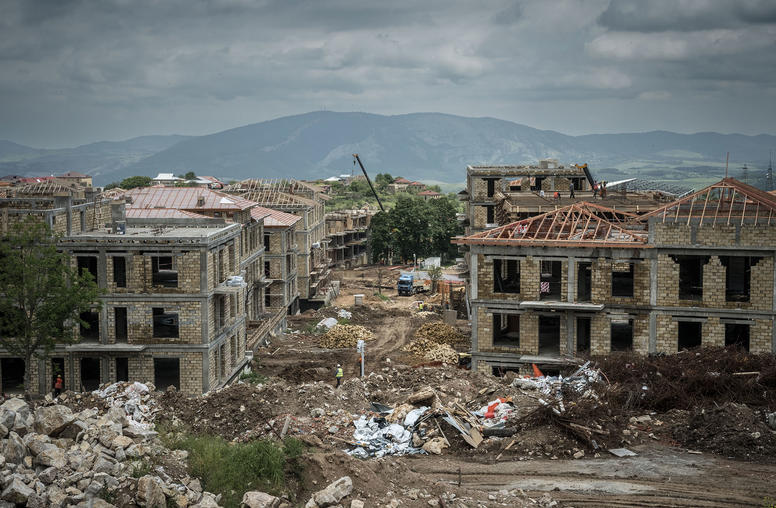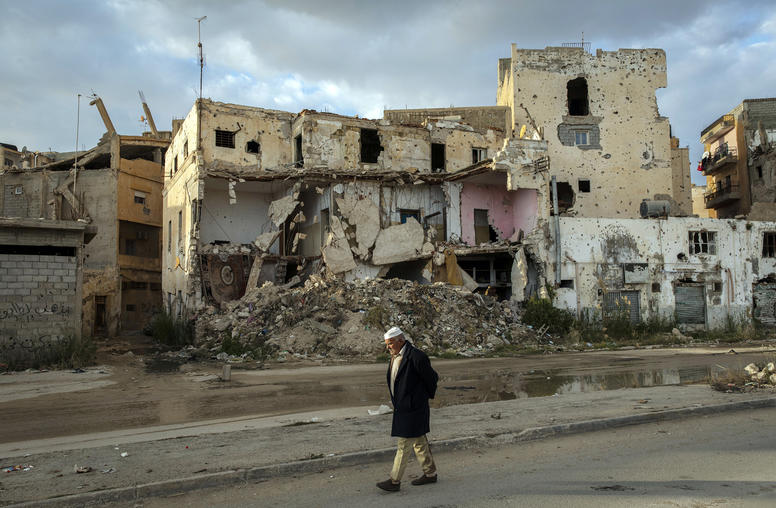 Haiti
Haiti
Since the pullback of the international assistance mission in 2017 followed by the assassination of its president in 2021, Haiti has suffered from a crisis of governance that has opened the space for criminal — but politically aligned — gangs to take over much of the country. USIP offers technical and secretariat support to national dialogue processes that will lead to a functional transitional government and guide the country to elections. It also works with experts to develop innovative security planning for Haiti that takes account of the tepid international support for the current crisis.
Read more about the current crisis in Haiti
Featured Publications

What Haiti Needs from the U.S. and International Community
Despite obvious distractions from crises in other corners of the world, Haiti’s deepening disaster is belatedly drawing wider international attention. Critics of U.S. policy toward Haiti are emerging from all corners of the political spectrum — and there is much to be critical of, particularly if the timeframe is stretched to cover Haiti's political experience since the late 1980s and the transition from the Duvalier dictatorships. But in the here and now, these assessments short charge the admittedly tough odds of the most recent Caribbean Community- (CARICOM) managed mediation efforts from which has emerged Haiti’s Presidential Council, a transitional governance structure for the country.

Ce qu'un gouvernement de transition en Haïti aura besoin pour réussir
Après des semaines de consultations, et au milieu d'une quasi-rupture totale de l'ordre et de la loi en Haïti, un effort dirigé par la Communauté caribéenne (CARICOM) pour créer un nouveau conseil de gouvernance de transition pourrait être sur le point d'être achevé. La mise en place du conseil permettrait l'entrée d'une force de sécurité multinationale qui pourrait ensuite se joindre à la police nationale haïtienne pour rétablir l'ordre. Certains ont suggéré l'inclusion de "facilitateurs" pour la nouvelle force de sécurité - soutien aérien, drones, renseignement. Mais pour gagner la confiance du peuple haïtien, le nouveau conseil de gouvernance aura besoin de ses propres "facilitateurs" populaires, d'un moyen systématique d'inclure de nombreux autres secteurs de la société haïtienne qui sont actuellement ignorés ou délibérément exclus de la gouvernance.

What a Transitional Government in Haiti will Require to Succeed
After weeks of consultations, and amidst a near total breakdown of law and order in Haiti, a Caribbean Community (CARICOM)-led effort to create a new transitional governing council may be nearing completion. The council’s establishment would allow for the entry of a multinational security force that would then be able to join with the Haitian National Police and restore order. Some have suggested the inclusion of “enablers” for the new security force — air support, drones, intelligence. But to gain the trust of the Haitian people, the new governing council will need its own popular “enablers,” a systematic way to include many more sectors of Haitian society that are currently ignored or deliberately excluded from governance.
Current Projects

Crisis in Haiti
Analysis of Haiti’s deepening crisis, its implications for regional peace and security, and policy options for the United States to consider.

Peacemaking in a Turbulent World: Lessons from Intrastate and Interstate Conflicts
Peacemaking in a Turbulent World answers the following central question: What lessons for effective management of intrastate conflicts emerged from the post-Cold War period that are relevant for managing contemporary conflicts which include intrastate, internationalized (featuring direct engagement by outside powers), and interstate conflicts?

Fragility and Conflict
The Global Fragility Act (GFA) is an ambitious law that makes preventing conflicts and promoting stability in countries prone to conflict a U.S. foreign policy priority. Following years of efforts that overemphasized military operations in response to extremist violence and insurgencies, the GFA requires a long-term investment to address the underlying drivers of conflict. The Biden administration has released a new strategy to implement the GFA with 10-year commitments of assistance to a group of fragile states. The GFA and the new strategy rely, in part, on recommendations made by the USIP-convened Task Force on Extremism in Fragile States.